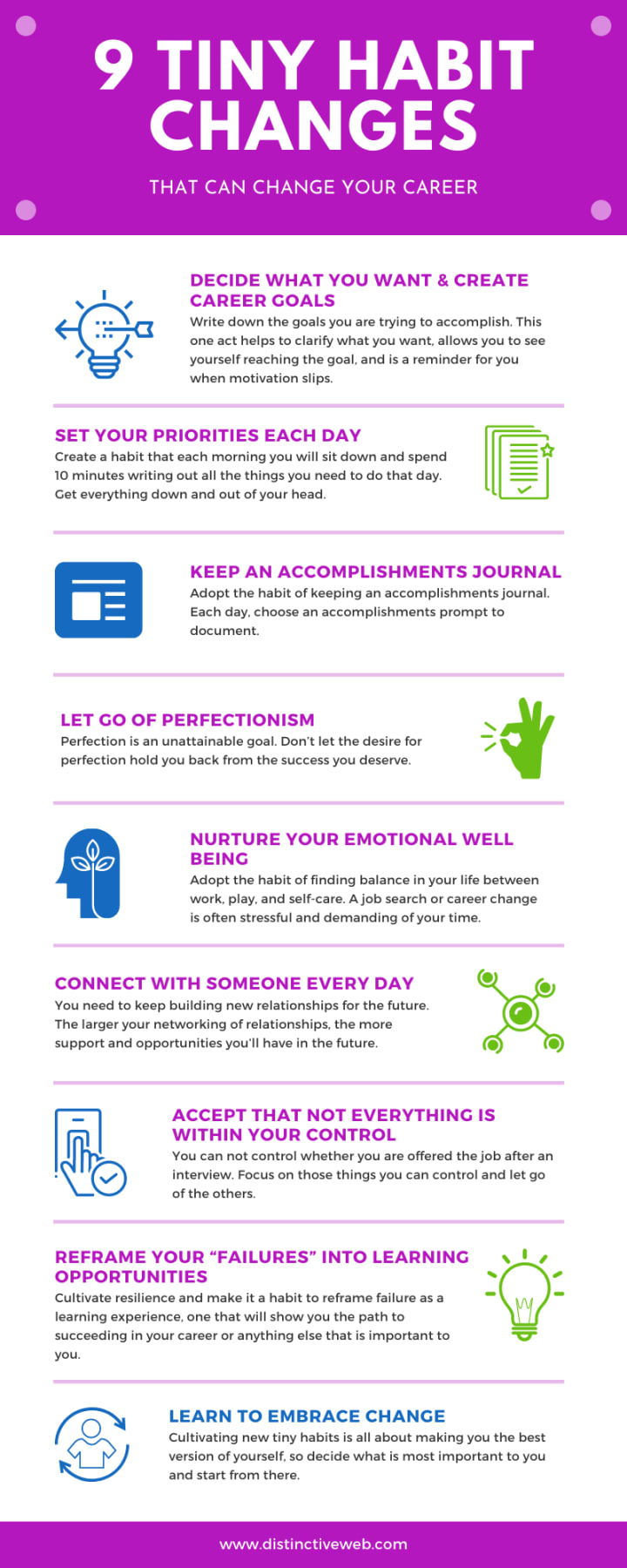Sir Dave Brailsford And The Power Of Achieving Big Success Through Small Wins
How the aggregation of marginal gains can lead to self-improvement

The world of sports is littered with tales of triumph and transformation. From underdogs clawing their way to the top, to established teams and individuals pushing the envelope and raising the bar, there is never a shortage of inspiration to be found.
However, few stories are as riveting and empowering as the saga of Sir David Brailsford, the British cycling coach who revolutionized the sport with his groundbreaking approach to improvement. Known as the "aggregation of marginal gains," Brailsford's strategy is a powerful reminder of what can be accomplished through a strong vision, commitment, and an unshakable belief in the power of small steps.
But just who was Sir David "Dave" John Brailsford?
Sir David John Brailsford
Born in Shardlow, Derbyshire, on February 29, 1965, Dave Brailsford's journey to success is nothing short of remarkable. Hailing from the quaint village of Deiniolen in North Wales, he discovered his passion for cycling at a young age.
After racing on the roads of France for four years as a competitive cyclist, Brailsford returned to the UK and enrolled in Chester College of Higher Education's Sport and Exercise Sciences and Psychology programme in 1988, followed by Sheffield Hallam University's MBA programme. It was this unique combination of knowledge that would later pave the way for his groundbreaking achievements.
In 2003, Brailsford embarked on a new chapter as the performance director for British Cycling, taking over from the esteemed Peter Keen. While he had prior experience working with British Cycling on a consulting basis, this full-time role allowed Brailsford to lay the foundations for success. And the results were nothing short of extraordinary.

Before Athens 2004, British cycling had experienced sporadic success on the Olympic stage. Gold medals were few and far between; however, as Brailsford's meticulous focus on marginal gains took hold, the tides began to turn.
Sir Dave's idea was simple yet profound: if you could identify every single aspect that contributes to riding a bike and make a tiny 1% improvement in each, the cumulative effect would be tremendous.
He implemented this philosophy by studying the minutiae of his team's performance and making small changes to pretty much everything. No detail escaped his scrutiny, not even the dust that plagued the mechanics area. Realizing that it hindered bike maintenance, he made the decision to paint the floor white to expose any impurities.
But it didn't stop there. Brailsford thought outside the box, going beyond the realm of cycling. He enlisted a surgeon to teach his athletes the importance of proper hand washing, preventing any chance of illness during competition. The team even forewent the tradition of shaking hands at the Olympics, showing their unwavering commitment to victory.
Marginal gains became their mantra as they dissected every aspect of their performance. Nutrition, equipment, recovery, training - nothing was left to chance. The team travelled with personalized memory foam mattresses and pillows, ensuring optimal rest for each rider. The rooms were meticulously cleaned, removing any trace of dust. Cutting-edge helmets and bikes were developed, conquering the battle against drag. Their hydration strategy was unrivalled, giving them a competitive edge. And they pioneered the concept of cool-down rides, revolutionizing the sport.
And oh boy, did the results speak volumes! The British cycling team soared from obscurity to claim an extraordinary 16 Olympic gold medals between the 2008 Beijing Olympics and the 2012 London Olympics, plus an awe-inspiring seven Tour de France victories in just eight years.
Why it works
The reason why the aggregation of marginal gains works is that it creates a culture of continuous improvement. By focusing on the small things, individuals and teams can identify areas for improvement and make small adjustments that can lead to significant gains over time. Breaking down the problem into smaller parts allows us to see progress, and progress creates momentum. Each tiny improvement gives us a sense of accomplishment, which motivates us to keep moving forward.
Another reason why the aggregation of marginal gains works is that it promotes innovation and creativity. When you're always focused on making small improvements, it forces you to think outside the box and try new things. It encourages individuals and teams to experiment, take risks, and learn from their mistakes. The combination of innovation, experimentation, and learning creates a positive feedback loop that can lead to even more significant gains over time.
The aggregation of marginal gains also helps us overcome the barrier of resistance to change. Change is hard, and it's often the reason why we fail to achieve our goals. By focusing on small improvements, we can avoid overwhelming ourselves with drastic changes. Instead, we can make small adjustments that are within our control and gradually work towards bigger changes. This makes the process of change less daunting and more manageable.
What do you want to change?
The beauty of the aggregation of marginal gains is that it can be applied to just about any area of your life. So, if you ever feel overwhelmed by the thought of making significant changes in your life or have a habit of setting big goals but struggle to achieve them, then give this a go using some of the techniques below!
Improve your health
Small changes in your health add up over time. If you're looking to improve your physical wellness, start by drinking an extra glass of water every day, drinking one less glass of alcohol each week, or walking for an additional ten minutes every week. These actions may seem insignificant on their own, but over the course of a year, they could lead to improved sleep, more energy, and weight loss.
Of course, you can also use this technique to focus on a specific aspect of your health. For instance, if you are struggling with back and neck pain, maybe it's time to work on your posture.

After all, most of us spend our days sitting, either in front of a computer or in our cars, and the way you sit could significantly impact your overall health. Consider making a conscious effort to improve your posture by sitting upright with your shoulders back and down, your feet firmly rooted on the ground, and your neck in a comfortable position. Take frequent breaks during the day to stretch and move around.
Advance your career
If you're looking to advance your career, set small goals that are both achievable and focused. Rather than attempting to make a significant leap, aim to make a few small changes every day. You can take advantage of virtual networking, utilize the 2-minute rule to stop procrastination, or set personal deadlines for your work.
Alternatively, if you are in a sales role, focusing on making small improvements in your pitch, follow-up techniques, or time management can lead to a significant increase in your overall performance.

By committing to just one small action every day, you can make substantial progress over time. The key is to recognize that small steps add up and to focus on progress over perfection.
Revolutionize your relationships
Small actions can also have a significant impact on your relationships. Instead of trying to make a big gesture, focus on the small things that make a difference.
Try making a point to send a kind message to a loved one every day, say thank you once a week, work out with your significant other for at least 15 minutes a week, end the day with a kiss, or tune out technology at the dinner table. These small acts of kindness can build stronger connections and help you improve your relationships over time.
Make an impact on your Mental Health
If you're looking to improve your overall mental health, try committing to small habits every day.
For example, take a five-minute break to meditate during the day, declutter one square foot of space in your house, dedicate at least 10 minutes before bed to relaxation, or, when you find yourself thinking negatively, try the "Choose Again Method."
All in all, no matter what you do, it's also important to celebrate your successes, no matter how small. If you made it to the gym once this week, that's something to be proud of! Positive reinforcement can keep you motivated to continue on your journey of self-improvement.
Conclusion
Implementing the aggregation of marginal gains can help you establish positive habits and commit to achieving long-term progress. Remember that small actions add up over time, and focus on progress rather than perfection. Whether you're looking to improve your career, health, personal growth, relationships, or mental health, this technique can help you get there. Start by identifying small steps you can take every day and committing to making incremental progress. Your future self will thank you.
About the Creator
Chelsea Rose
I never met a problem I couldn't make worst.






Comments (1)
really great work use keywords also to get more reads like I do